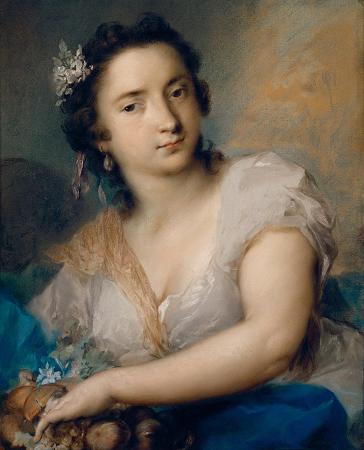
Earth. Earth is one of the classical elements, in some systems numbering four along with air, fire, and water.
Earth is one of the four classical elements in ancient Greek philosophy and science. It was commonly associated with qualities of heaviness, matter and the terrestrial world.
Due to the hero cults, and chthonic underworld deities, the element of earth is also associated with the sensual aspects of both life and death in later occultism. Empedocles of Acragas proposed four archai by which to understand the cosmos: fire, air, water, and earth.
Plato believed the elements were geometric forms and he assigned the cube to the element of earth in his dialogue Timaeus. Aristotle believed earth was the heaviest element, and his theory of natural place suggested that any earth-laden substances, would fall quickly, straight down, towards the center of the cosmos.
In Classical Greek and Roman myth, various goddesses represented the Earth, seasons, crops and fertility, including Demeter and Persephone; Ceres; the Horae, and Proserpina; and Hades who ruled the souls of dead in the Underworld. In ancient Greek medicine, each of the four humours became associated with an element. Black bile was the humor identified with earth, since both were cold and dry. Other things associated with earth and black bile in ancient and medieval medicine included the season of fall, since it increased the q
Earth is one of the four classical elements in ancient Greek philosophy and science. It was commonly associated with qualities of heaviness, matter and the terrestrial world.
Due to the hero cults, and chthonic underworld deities, the element of earth is also associated with the sensual aspects of both life and death in later occultism. Empedocles of Acragas proposed four archai by which to understand the cosmos: fire, air, water, and earth.
Plato believed the elements were geometric forms and he assigned the cube to the element of earth in his dialogue Timaeus. Aristotle believed earth was the heaviest element, and his theory of natural place suggested that any earth-laden substances, would fall quickly, straight down, towards the center of the cosmos.
In Classical Greek and Roman myth, various goddesses represented the Earth, seasons, crops and fertility, including Demeter and Persephone; Ceres; the Horae, and Proserpina; and Hades who ruled the souls of dead in the Underworld. In ancient Greek medicine, each of the four humours became associated with an element. Black bile was the humor identified with earth, since both were cold and dry. Other things associated with earth and black bile in ancient and medieval medicine included the season of fall, since it increased the q
Wikipedia ...